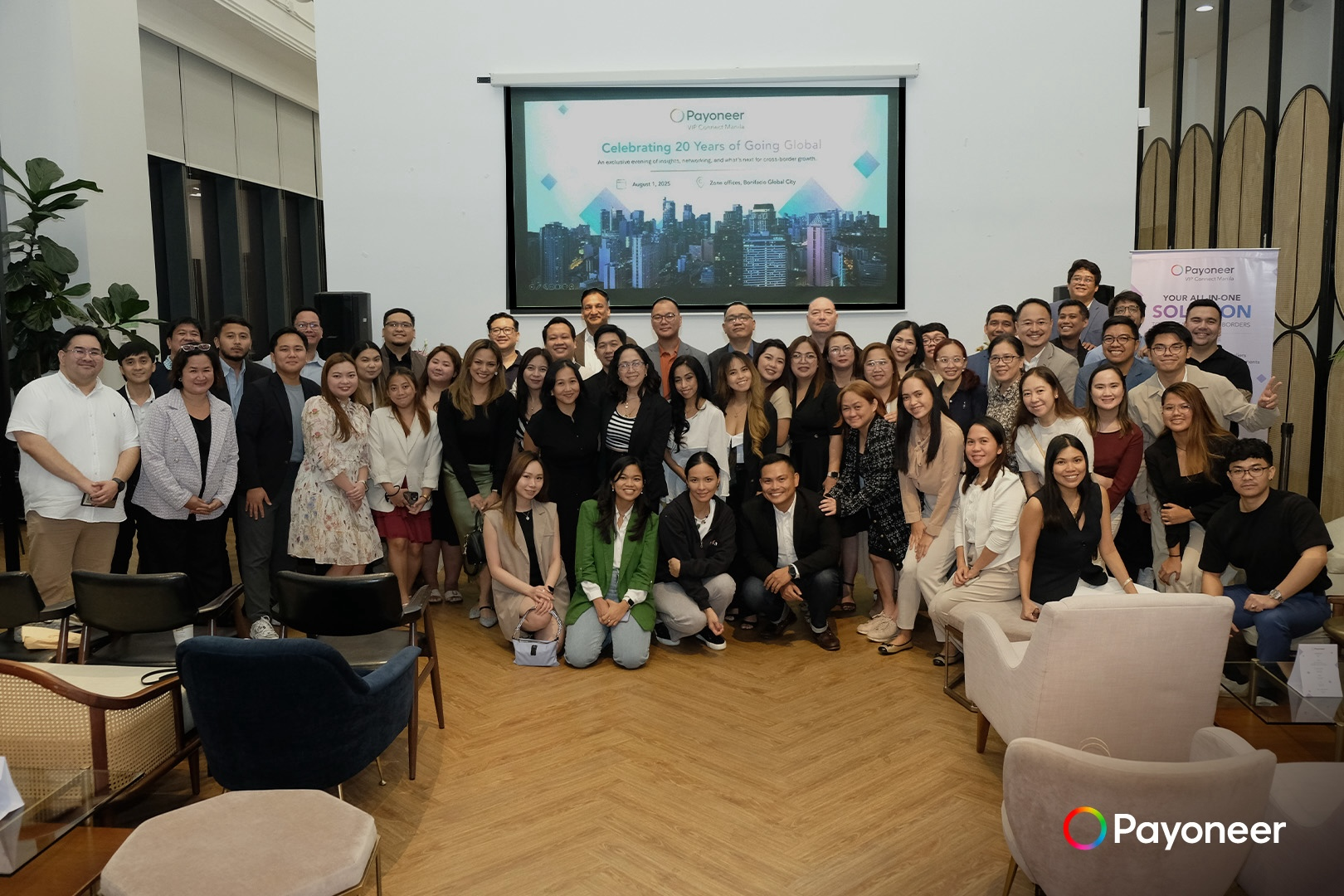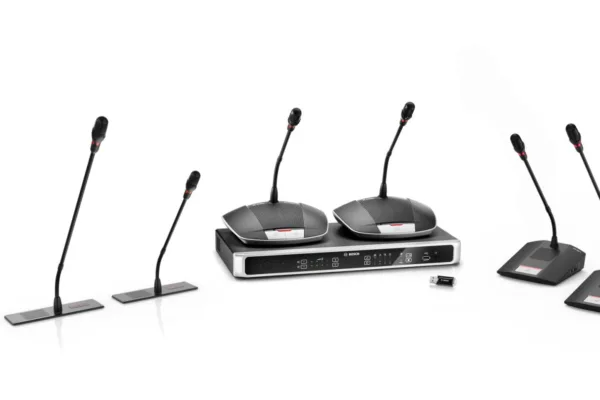In the heart of Manila, a quiet revolution is underway, redefining the global fintech landscape. As the world increasingly relies on digital platforms for commerce and services, the Philippines has emerged as a powerhouse of skilled talent, driving a fundamental shift in how businesses operate across borders.
At its annual flagship event, VIP Connect, Payoneer (NASDAQ: PAYO), a global leader in cross-border payments, showcased how Filipino small and medium-sized businesses (SMBs) are not just participating in this new economy, but are actively shaping it, cementing the country’s position as a vital fintech hub.

The event, themed “20 Years of Empowering Businesses to Go Global,” brought together a diverse group of professionals from e-commerce, IT, marketing, and more. Their shared stories revealed a common truth: the future of global business is decentralized, and the Philippines is at its center.
With the IT-BPM sector alone generating a staggering US$38 billion in 2024 and employing 1.82 million professionals, 1 the country’s economic influence is undeniable. This thriving ecosystem is further bolstered by its 1.5 million gig workers, who represent a dynamic and highly-skilled workforce for businesses worldwide.
Monique Avila, Payoneer’s Head of Customer Success for APAC, emphasized this pivotal role. “The country’s rich talent pool and fast-growing outsourcing industry make it a vital hub for global business, and we are here to ensure Filipino entrepreneurs have the tools and support to thrive on the world stage,” she stated.
Her message was clear: Payoneer’s mission is to ensure Filipino entrepreneurs have the tools to navigate the complexities of global finance, enabling seamless cross-border payments in over 190 countries and territories across 10 different currencies — with access to global marketplaces and SMBs worldwide. This capability is not just a convenience; it is a foundational pillar that supports the entire global service economy, allowing Filipino talent to compete on a world stage.
Payoneer: Building a bridge, not just a service

For nine years, Payoneer has been more than just a payment processor for Filipino businesses. It has acted as a strategic partner, dismantling the barriers that have historically limited international growth.
During the event, customers like Mon Macutay, CEO of Big Ideas PH, and EJ Hamodiong CEO of VH BPO, shared powerful anecdotes of overcoming the challenges of delayed payments and international expansion. Macutay talked about how the payment processor has helped him strengthen operational resilience while Hamodiong discussed his company’s international expansion and ability to serve global clients with confidence. Both credited Payoneer’s technology and support as key to their success.
The insights shared by long-time users further highlighted Payoneer’s evolution from a simple financial service to a comprehensive growth partner, offering dedicated account management and critical networking opportunities.

The biggest news from the event, however, wasn’t about a new feature, but an entirely new paradigm for cross-border operations. Payoneer unveiled its new Workforce Management (WFM) solution, formerly known as Skuad. This tool is a direct response to the increasing need for global talent. It simplifies the process of hiring, onboarding, and paying workers across more than 160 countries without requiring a business to establish a local entity.
Tarun Gadhok, Senior Director of Account Management WFM at Payoneer, described the solution as a an extension of the company’s core mission. “Workforce Management is a natural extension of what Payoneer already does best — removing barriers for businesses to operate globally,” he said.
By ensuring compliance with local employment laws and managing everything from visa documentation to payroll and benefits, Payoneer is removing the final hurdles for businesses to tap into the Philippines’ deep talent pool. The platform also gives businesses direct access to Payoneer’s global network of over one million skilled professionals, further solidifying the Philippines’ position as a hub for both sourcing and providing talent.
The launch of WFM, combined with new features like real-time USD-to-PHP exchange rate alerts and quicker bank withdrawals, signals a broader industry shift. Fintech companies are moving beyond simple money transfers and into a more integrated role as global business enablers.
Payoneer’s commitment to simplifying cross-border transactions and enhancing marketplace integrations directly impacts the growth trajectory of Filipino SMBs, which in turn, contributes to the country’s economic resilience and its influence on the global stage.
This isn’t just about a company’s anniversary. It’s a compelling narrative about how a Filipino-driven talent economy is leveraging cutting-edge fintech to build a more connected, resilient, and prosperous global future.
—
1 Philippine News Agency. (2025, January 15). PH’s ITBPM revenues grow 7% to $38-B in 2024. https://www.pna.gov.ph/articles/1241876






